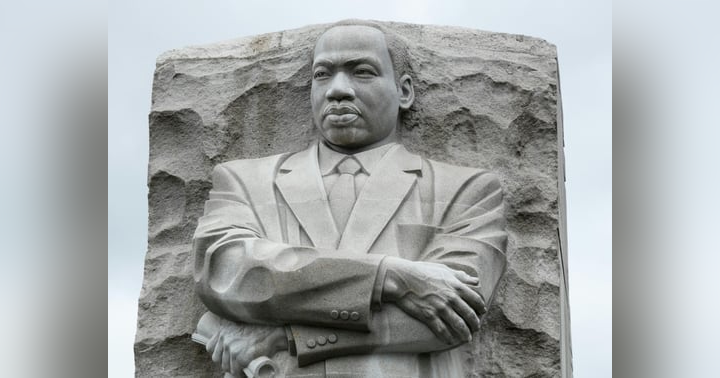The Church's Role in Restoration and Discipline
Introduction
Church leadership and discipline are essential aspects of maintaining a healthy and accountable congregation. This blog post will delve into the responsibilities of the church in both restoring fallen leaders and administering appropriate discipline. We will explore biblical guidelines, best practices for handling ministerial misconduct, and the importance of balancing grace and accountability.
The Importance of Church Restoration and Discipline
The church plays a vital role in disciplining its leaders. Restoration involves the process of bringing a fallen leader back into ministry after a period of repentance and reconciliation. Discipline, on the other hand, encompasses the measures taken to address misconduct and enforce accountability. By exercising both restoration and discipline, the church upholds biblical standards, protects its members, and fosters a culture of integrity.
The Biblical Framework for Church Leadership and Discipline
The Bible provides clear guidelines for church leadership and discipline. In Matthew 18:15-17, Jesus instructs believers to confront their erring brothers and sisters privately, and if that fails, to involve witnesses and ultimately the church. I Timothy 3 and Titus 1 outline the qualifications and conduct expected of church leaders. These passages emphasize the need for leaders to be blameless, above reproach, and exemplary in their behavior.
Handling Ministerial Misconduct: Best Practices
When dealing with ministerial misconduct, it is crucial to adhere to best practices to ensure a fair and biblical process. Here are some key steps:
- Prayer and investigation: Gather evidence, consult with trusted advisors, and seek God's guidance.
- Confrontation: Approach the leader privately and present the allegations in a clear and compassionate manner.
- Listening and repentance: Allow the leader to respond and express remorse. Encourage genuine repentance and a commitment to reconciliation.
- Consequences: If repentance is lacking or insincere, the church must consider appropriate consequences, such as suspension or removal from leadership.
- Restorative discipline: Implement a plan for the leader's restoration, including accountability, mentoring, and a period of probation.
Balancing Grace and Accountability: A Delicate Equilibrium
Balancing grace and accountability is a delicate task. Grace refers to the unmerited favor and forgiveness extended to sinners, while accountability emphasizes the consequences of wrongdoing. The church must extend grace to fallen leaders who have genuinely repented, but it must also maintain accountability to uphold biblical standards and protect its members.
The Case of Steve Lawson: A Catalyst for Reexamination
The case of Dallas Pastor Steve Lawson has ignited a heated debate about the nature of restoration and discipline in the church. Bryant claims to believe he is called by God despite never being publicly restored to ministry. This has raised questions about the relationship between restoration and public acknowledgment of wrongdoing.
In this episode of The Standard of Truth podcast, we delve into Bryant's claims and examine them against biblical teachings. We discuss the importance of public restoration, the role of the church in holding leaders accountable, and the delicate balance between grace and accountability.
Conclusion
The church's role in restoration and discipline is a complex and challenging one. By adhering to biblical guidelines, following best practices, and balancing grace and accountability, the church can fulfill its responsibility to uphold integrity, restore fallen leaders, and maintain a healthy and accountable congregation. The case of Jamal Bryant serves as a reminder that the church must continually examine its practices, being careful not to go beyond scrripture, yet desiring to apply biblical principles faithfully in a world perpetually impacted by sin.







